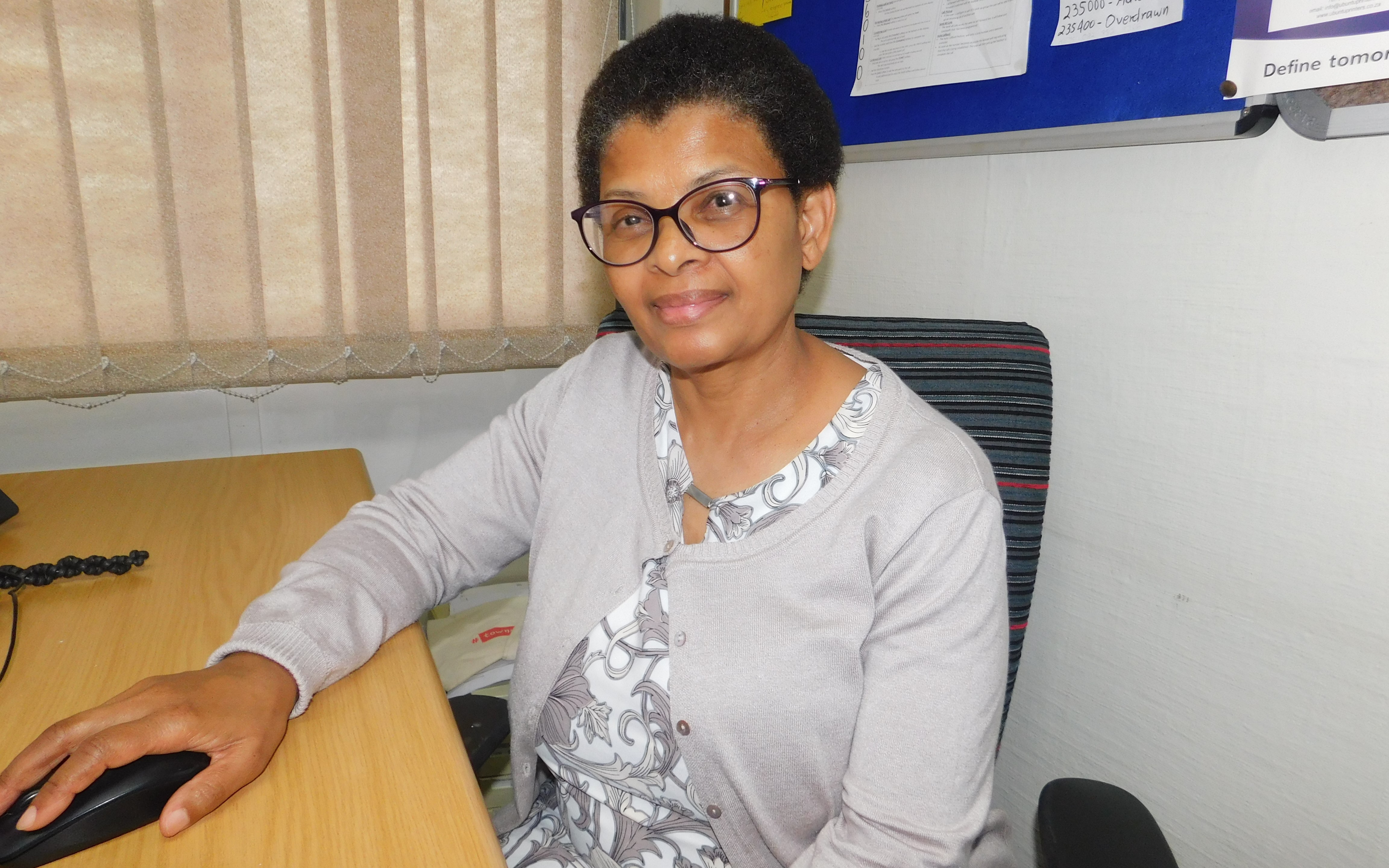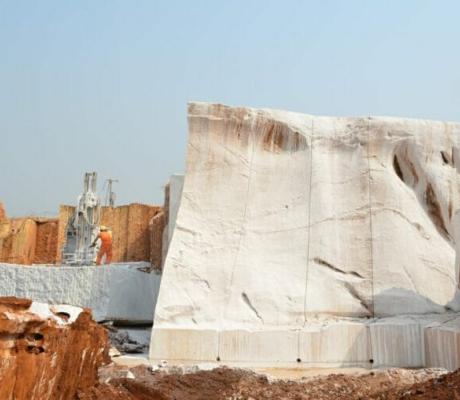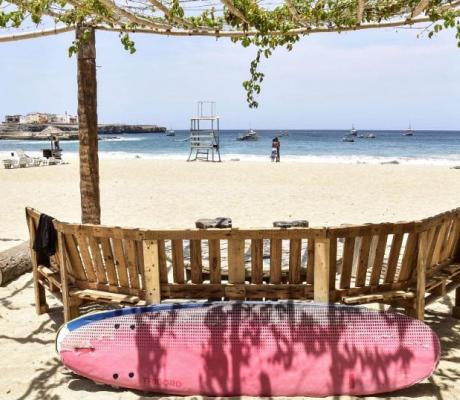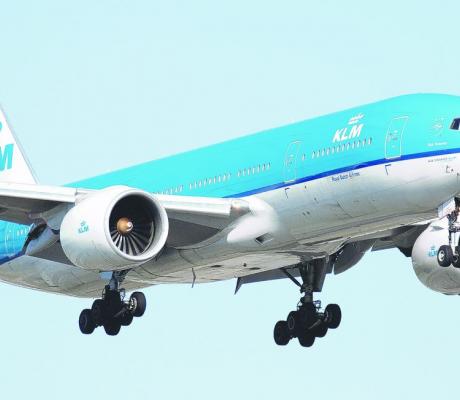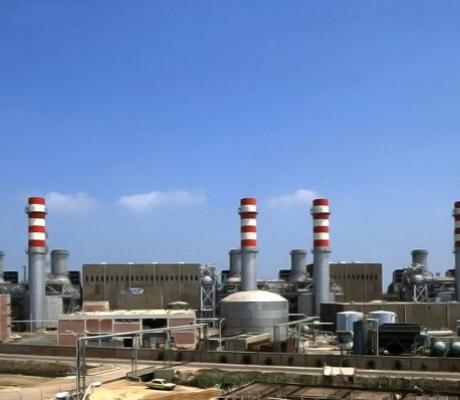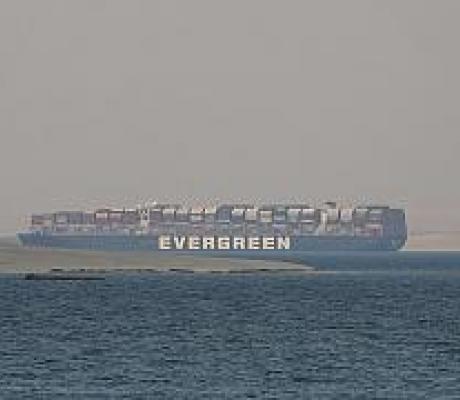An essay for my African brothers and sisters in the diaspora
Traditional economic development model
Traditional economic development theory advocates the development of infrastructur as the necessary conducive environment to attract foreign investment. In return for their investment in a developing country, foreign multinationals create employment. They contribute to the gross domestic product and pay taxes. They may even get involved in social responsibility projects as good corporate citizens.
There is nothing wrong with attracting foreign investments. Most countries do just that. However, the emphasis on foreign investment as a trusted means of economic development presupposes the inability of developing the economy from within.
The African situation
Lack of proper infrastructure is an age-old African malaise; development in most cases is mainly concentrated around major capitals, but lacking in other smaller centers. Lack of infrastructure is commonly cited as one of the causes that hold Africa’s economic development back. Infrastructure development needs political will, but it seems to come at a snail pace in Africa. The state of the roads is still far from satisfactory, electricity supply is not reliable. Clean drinking water is rare and many young children die needlessly due to drinking contaminated water; the list goes on and on.
In addition to the inadequacies mentioned above, Africa faces a new challenge of a rapidly-growing population needing employment, yet the economy has failed to industrialize sufficiently over the years. The growing population makes the overhaul and industrialization of the economy of paramount importance.
What if Africa flipped the model?
Flipping the model means that:
- Entrepreneurs do not wait for infrastructure development, but they become active pioneers of infrastructural development.
- We do not wait for foreign investment, but local entrepreneurs develop the economy from within.
- We limit dependency on foreign loans that sometimes come with enormous interest commitment. Rather, we gather money from within our respective countries through equities. Yes, many do not have money to invest in equities, but the little bit that is collected from a wide sector of the population over a period of time may amount to a collective something.
What is the flipped model?
Africa may not have enough electricity, but it has abundant sunshine. Literally, cover the factory roof with solar panels for more reliable energy source.
Leverage the power of equity and have teams of entrepreneurs register public industrial companies, which may be started in phases.
Leverage the power of partnerships. Let a group of experts in different fields pool together their different expertise to start public manufacturing companies. Replicate this many times over and have a number of registered public companies in different sectors.
As goods are produced and need to be transported to other parts of the country, the existing railways can be used to transport them over long distance as roads in their current state would be an impediment. If the state of the railways is bad and there are insufficient goods carriages, a public company can buy its own goods carriages, rent the use of the railway from the state and assist to repair or upgrade the existing rail tracks. This concept is not new; it is similar to the arrangement in South Africa by a private Rovos Rails, renting the use of rail track from the government railway.
The goods will need to be transported to their final destination by road, but the roads need to be upgraded. This is where we need strong, well-functioning and well-organized Chamber of Commerce. The local chapter of a Chamber of Commerce could hire the implements to construct proper roads in their locality. Local users of the roads, who are weary of their state, would be willing to provide labor. Engineers will be consulted only for treacherous stretches like constructing proper bridges, tunnels, etc., to help keep the costs down. The stretch of the roads to be constructed would not be long, from the railway station to the warehouse and to the different local outlets. Local Chamber of Commerce chapters in each province/state/district would replicate the same thing, until, eventually, all the major roads are connected and improved.
In essence, entrepreneurs become leaders in infrastructure development, working together with the local communities. The roads need to be maintained in good condition. The maintenance responsibility will fall on the developers. Each household can pay a monthly equivalent of $1 in their local currency into a roads maintenance pool fund, managed by the Chamber of Commerce. The pool fund should be responsibly managed with accountability and integrity.
African entrepreneurs need to embrace and incorporate African values into business; one in particular is Ubuntu (I am because you are). We need to give up capitalistic greed and take others up with us. Public companies can give an initial reasonable amount of shares to their staff (every staff member including the cleaners). Staff can increase their shares by paying a small monthly fee to keep on buying more shares. In this manner, public companies keep getting more money to keep on growing other phases of the businesses. At the same time, staff is growing their wealth. Companies should educate their staff regarding the difference between savings and investments, teaching them to invest for the long-term.
As more public companies are registered and employ people and their wealth grows, the demand for other goods to meet their growing needs gives rise to the opportunities for small and medium enterprises; e.g. the need for proper homes gives rise to business opportunities for brick making, cement, tiles, furniture, electric generators, solar panels, motorcycle and bicycles manufacturers, etc.
For years, Africans in the diaspora have sent remittances back home and some have started micro businesses, but micro businesses have never led into big businesses, and neither have they fixed roads and infrastructure. But, there is real potential that big businesses will give rise to small and medium businesses, and if willing and organized, they can lead infrastructure development.
As the numbers and types of businesses grow and the tax revenues grow, if the governments come to their senses, they should take development even further. There is no guarantee that all governments shall transform. If they choose to continue the ‘lootocracy’, it will be discouraging to the hardworking and tax compliant corporate and individual citizens. If they decide to spend their collective taxes on further infrastructure development through the Chamber of Commerce, they will need to keep meticulous records of expenditure and prove what they have done with the monies. The drawback of this strategy aimed at averting ‘lootocracy’ will disadvantage and affect innocent civil servants’ salaries.
The requirements of an inverse development model
Human capital: Africa has a combined population of around 1 billion people. There are at least 134 million Africans in the diaspora; 39 million in North America, 113 million in Latin America, 13.6 million in the Caribbean and 3.5 million in Europe.
Knowledge and expertise: There are many educated Africans, some of them in the diaspora. For years, Africans have been going abroad to study and some have not returned to their countries of origin, for lack of economic opportunities and the lure of a better quality of life elsewhere. Over the years, they have gained valuable experience. Isn’t it time the educated African child came back home to be the agent of transformation for the greater good of all in his/her respective African country?
We need to be willing to roll up our sleeves and get our hands dirty doing the spadework. Doing something of worth and essence is far more gratifying.
We will need to give up the idea of being super-rich while leaving behind hungry masses. Take others up with you on the way to the top. Do not take advantage of your fellow African employees and underpay them. Let them own shares in the companies they are working for.
Give up the notion of wanting to go it alone, rather come together with others and form big public companies. Sometimes, silly things make us fight in Africa. If everyone wants to be at the top, primarily because of power, status and money, let us just say that a management meeting decision is a collective decision and binding on all. If there is wrangling for top positions, let all top management earn an equal salary, including the CEO.
We will need strong, well-organized Chambers of Commerce with integrity, accountability and transparency. Lack of these qualities has contributed to the current state of Africa. Let us not repeat the same mistakes.
Concluding remarks
This in practice will not be as easy as it seems on paper. Many in the diaspora may not come back, especially those married to locals where they have settled. Coming back home, you will give up a lot of comfort and conveniences initially, but imagine the contentment you will feel many years later, knowing that you have played a pivotal role in uplifting your countrymen, improving the image of your continent, reducing child mortality through malnutrition, saving many lives from being lost in the Mediterranean Sea trying to escape poverty.
Africa, we can do it. I ask you to ponder this essay, engage in deliberations with your fellow countrymen/women, improve on the suggested starting point and take up your responsibility.
About the Author
Muriel Kgomotso Gill has worked as Chief Data Coordinator and Information Analyst, mainly involved in the analysis and interpretation of data and information to produce intelligence that fed into management decision making. She has also worked with aspiring entrepreneurs, assisting with training and business plans refinement. She has been an entrepreneur herself. She is currently completing a Master’s degree in Entrepreneurship, while employed in the Research Ethics Office of a public university in South Africa.
https://www.smashwords.com/books/view/1132489
https://getbook.at/buildingafricam

